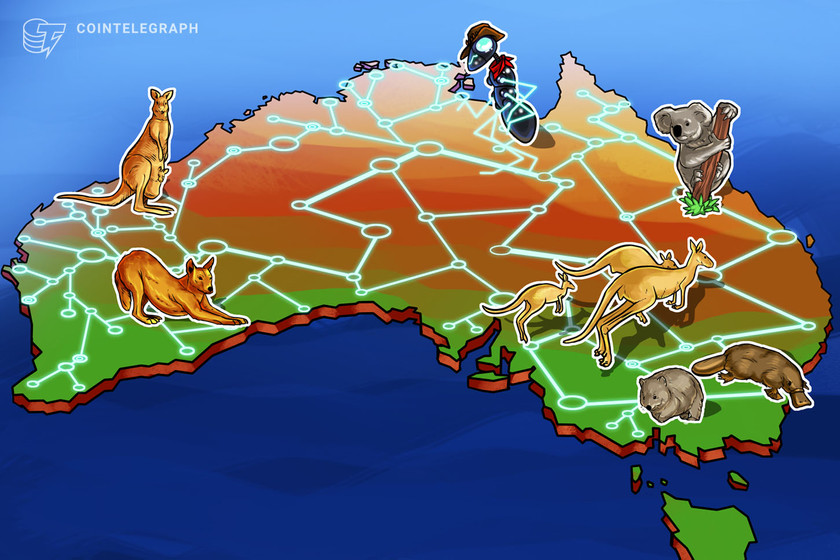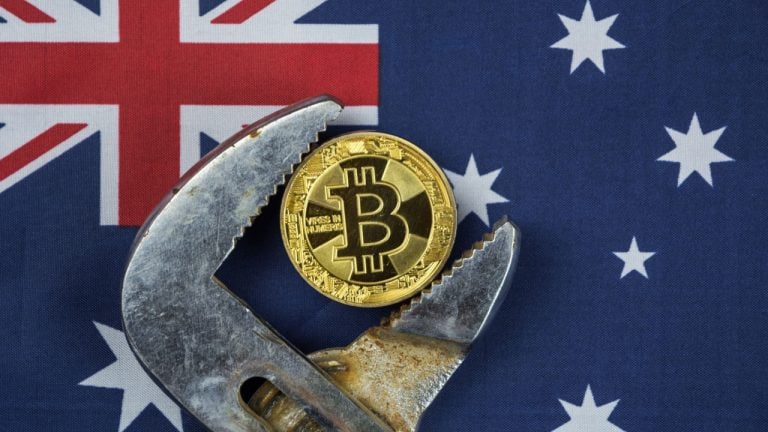
Trevor Power hopes the framework will fall closer on the “spectrum” to the EU’s MiCA than the current regulatory position in the United States.
The Australian Treasury’s token mapping of digital assets will adopt a “tech agnostic” and “principles-based” approach in order to define crypto assets, according to a Treasury official.
Trevor Power, an Australian Treasury assistant secretary, told Cointelegraph on June 26 at Australian Blockchain Week that the framework will be structured to easily classify tokens based on their function and purpose.
“The token mapping paper spends a lot of time talking about the token, the system, the value delivered for the very purpose of trying to structure whatever regulation such that it draws on those principles so then a token can be placed within that,” Power said, adding:
“It's trying to be tech agnostic. It's not trying to be token specific.”
Power said “it’s fair to assume” that crypto-specific legislation will appear sometime in 2024 — but that it ultimately depends on how it is received by Australia’s lawmakers.
Crypto assets that change their function and utility over time will likely be subject to review, according to Power.
“If they become very significant [...] Then they will graduate through the regulatory system.”
He stressed the token mapping regulation would need to be “robust” in order to operate in a “tech-neutral” and “principles-based manner” to account for such changes.

The Treasury considers token mapping to be essential to understand how the crypto ecosystem interacts with Australia's existing financial regulatory frameworks.
Power said the token mapping exercise hasn’t been influenced by the recent parade of regulatory enforcement action by the United States Securities Exchange Commission (SEC).
Instead, Power hopes a crypto framework will fall closer on the “spectrum” to the European Union’s Markets in Crypto Assets (MiCA) regulation.
Related: Rushing ‘token mapping’ could hurt Aussie crypto space — Finder founder
Power also welcomed U.S. and foreign digital asset firms to consider the Australian market — provided they abide by the token mapping framework, which intends to strike a balance between innovation and consumer protection:
“There are two arms to every component of regulation. One is to make sure that that framework is there, and the second one is to make sure there's room for industry to grow and be innovative.”
The Treasury conducted a consultation process between Feb. 3 and March 3, which came roughly six months after the token mapping framework was introduced on Aug 22.
Consultation open! Today we released the token mapping consultation paper. This consultation is part of a multi step reform agenda to develop an appropriate regulatory setting for the #crypto sector. Read paper & submit views @ https://t.co/4W2msjhP9B @ASIC_Connect @AUSTRAC pic.twitter.com/OGHuZEGvDp
— Australian Treasury (@Treasury_AU) February 2, 2023
Magazine: Unstablecoins: Depegging, bank runs and other risks loom











